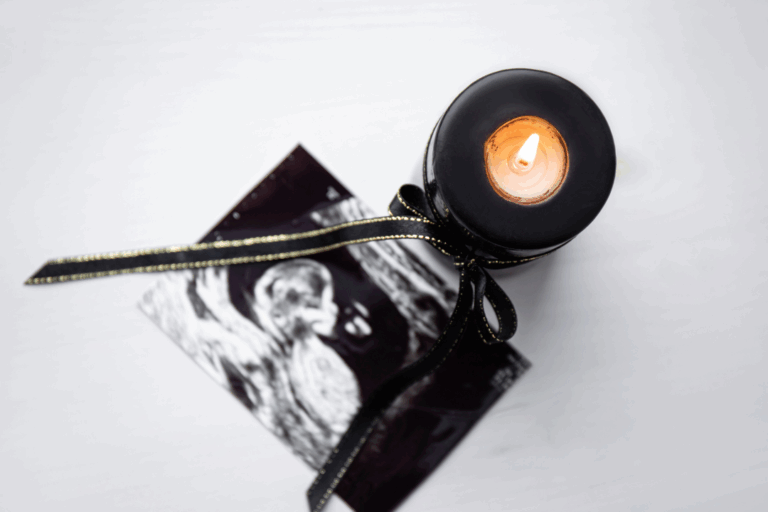Whether your little one has always been a good sleeper or you are just getting your baby to sleep through the night or sleep has always been a problem and still is, you will find that in the 6-12 month age band, new sleep issues arise. Here are the top 5 sleep problems arising in the 6-12 month old.
- Waking for a feed more than once at night may indicate that your little one is not getting all the nutrition he needs during the day. It is very important after 6 months of age that your baby gets all the essential fatty acids that are found in the fats contained in protein rich foods, such a meat, dairy, legumes and fish. From 6 months of age you should ensure that your baby is eating solid foods that include these protein rich foods.
- Baby wakes throughout the night for his dummy. By 6 months of age, the way you put your little one down to sleep will be how he expects to be resettled through out the night and before you know it, bad habits may develop that are difficult to break. The dummy / pacifier habit is best broken by teaching your baby to use a sleep soother or comforter independently – such as his dummy or a doodoo blanky. This takes time and is the first step of sleep training.
- If your baby wakes and is soothed as soon as you walk into his room, he may be waking due to separation anxiety. Babies are most susceptible to this between 8 and 10 months of age. It occurs because your little one does not yet understand object permanence (that something exists even when he can’t see it). So when you are out of sight, or when he wakes at night and finds the one he loves the most is not there, he call to you to come back to make sure you still exist. To deal with separation anxiety, always say goodbye when you leave your little one day or night and play peek-a-boo or hide and seek during the day. Another good idea is to give your baby a ‘doodoo’ blanky or transition object that he can reach for to for comfort when you are not there.
- The first thing that pops into most parents’ head when their little one is a poor sleeper is whether he is teething. The truth is that teething is blamed way more than it should be for sleeplessness. The only time teething really causes sleep disruption is between 6 and 12 months of age and even then, most babies actually navigate teeth eruption without too much disruption. For some more sensitive babies, teething can cause unsettled behaviour at night. If you are sure your baby is teething – has loads of saliva and mucous, is gnawing constantly at his hands, has acrid smelling poos – then you need to help him with the discomfort at night by using teething gel or a paracetamol based pain killer.
- Between 6 and 12 months of age, you may find your baby starts to fight one of the day sleeps. This occurs when your baby reaches a cusp age at around 9 months of age. Your little one still actually needs three day sleeps but cannot fit them all in and still go to bed at 7pm. The solution is to drop the late afternoon nap every now and then, making the days with only two sleeps more regular as he gets older. By 11 months of age almost all babies are on sleep routines of two sleeps a day.
For more about your baby’s sleep, get your copy of Sleep Sense or take Meg Faure’s Sleep Sense course online.




